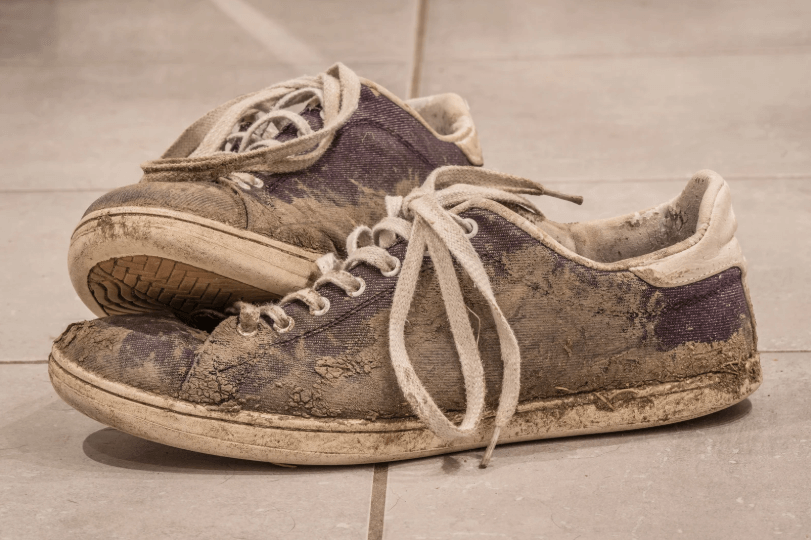What Is Contamination OCD?
Contamination OCD is a subtype of obsessive-compulsive disorder marked by an intense fear of germs, illness, or physical contact with perceived contaminants like bodily fluids, feces, or public places. Individuals with this form of OCD often experience intrusive thoughts about becoming contaminated or contaminating others, followed by compulsive behaviors such as excessive handwashing, disinfecting, or avoiding contact with others.
While concern about cleanliness is common, contamination OCD is a serious mental health condition that causes significant distress, impairs daily life, and can greatly reduce a person’s quality of life.
Symptoms of Contamination OCD
Obsessions may include:
-
Fear of contamination from germs, surfaces, or people
-
Obsessive thoughts about illness or spreading illness
-
Anxiety about being responsible for contaminating loved ones
-
Persistent unwanted thoughts about dirt or harmful substances
Compulsions may include:
-
Repetitive handwashing or cleaning rituals
-
Avoidance of doorknobs, public places, or physical contact
-
Changing clothes or showering multiple times per day
-
Mentally reviewing past interactions to “undo” possible contamination
These time-consuming rituals may offer temporary relief, but they typically reinforce the anxiety and perpetuate the OCD cycle.
Causes and Risk Factors
Contamination OCD, like other forms of OCD, can develop due to a combination of genetic, neurological, and environmental factors. A family history of anxiety disorders or related disorders can increase risk. Additionally, imbalances in brain chemicals like serotonin and stressful life events may contribute to the onset of symptoms.
The DSM-5 classifies contamination OCD under the broader category of obsessive-compulsive and related disorders.
Effective Treatment Options
The good news: contamination OCD is treatable. With the right interventions, individuals can significantly reduce their symptoms and improve functioning.
Exposure and Response Prevention (ERP)
ERP therapy is considered the gold standard treatment for OCD. It’s a type of cognitive behavioral therapy that helps individuals confront their fears and resist the urge to engage in compulsions. For someone with contamination OCD, this might involve touching a “contaminated” surface and sitting with the anxiety without washing their hands.
Over time, ERP helps retrain the brain’s response to obsessive thoughts, breaking the cycle of avoidance and repetitive behaviors.
Cognitive Behavioral Therapy (CBT)
CBT addresses the thought patterns that drive compulsions. It helps individuals identify irrational beliefs about contamination and develop healthier ways to respond to anxiety. CBT is often used alongside ERP to create a comprehensive treatment plan.
Medication
Selective serotonin reuptake inhibitors (SSRIs) are commonly prescribed for OCD. These antidepressants help regulate serotonin levels in the brain and can be effective in reducing both obsessions and compulsions. SSRIs are often used in combination with therapy for maximum benefit.
Additional Support
-
Working with a licensed mental health professional ensures access to evidence-based care tailored to individual needs.
-
Support groups can provide encouragement and practical tips.
-
Psychotherapy may be beneficial for co-occurring conditions like depression or generalized anxiety.
-
In-person or virtual care options are available to suit different preferences and schedules.
How It Affects Life
When left untreated, contamination OCD can have a significant impact on an individual’s well-being. People may avoid public spaces, isolate themselves from family members, or miss out on work and social events due to their fear of contamination. These avoidance behaviors and compulsions can take a major toll on one’s emotional and physical health.
It’s also common for loved ones to become involved in the rituals, either through reassurance-seeking or by accommodating the person’s requests, which can place stress on relationships.
Take the First Step Toward Relief
You don’t have to face contamination OCD alone. At CBT Baltimore, we specialize in treating obsessive-compulsive disorder with evidence-based therapies like ERP and CBT. Our compassionate clinicians are here to help you regain control, reduce anxiety, and build a life not ruled by fear.
Schedule a session today to begin your journey toward a healthier, more confident you.

